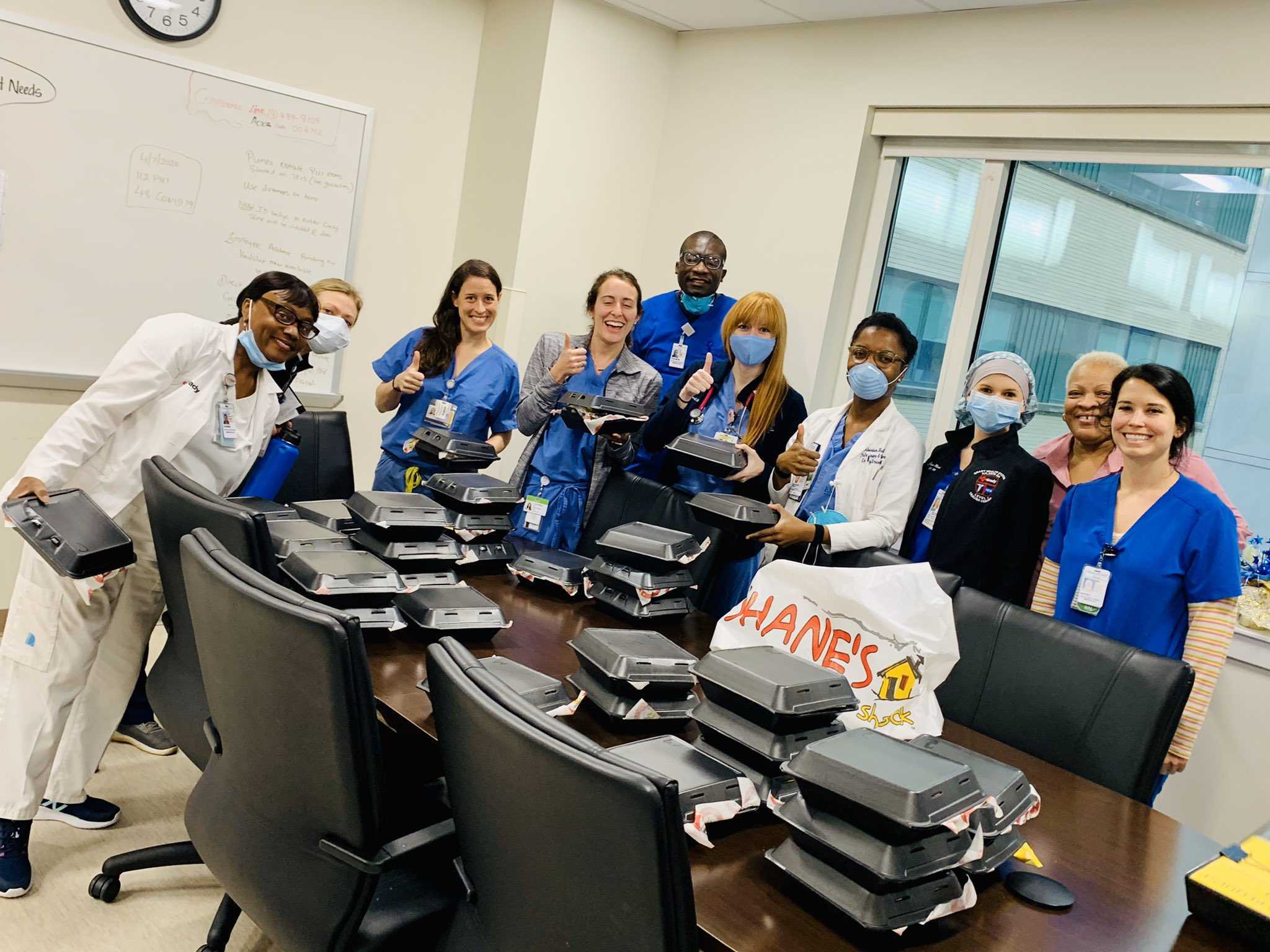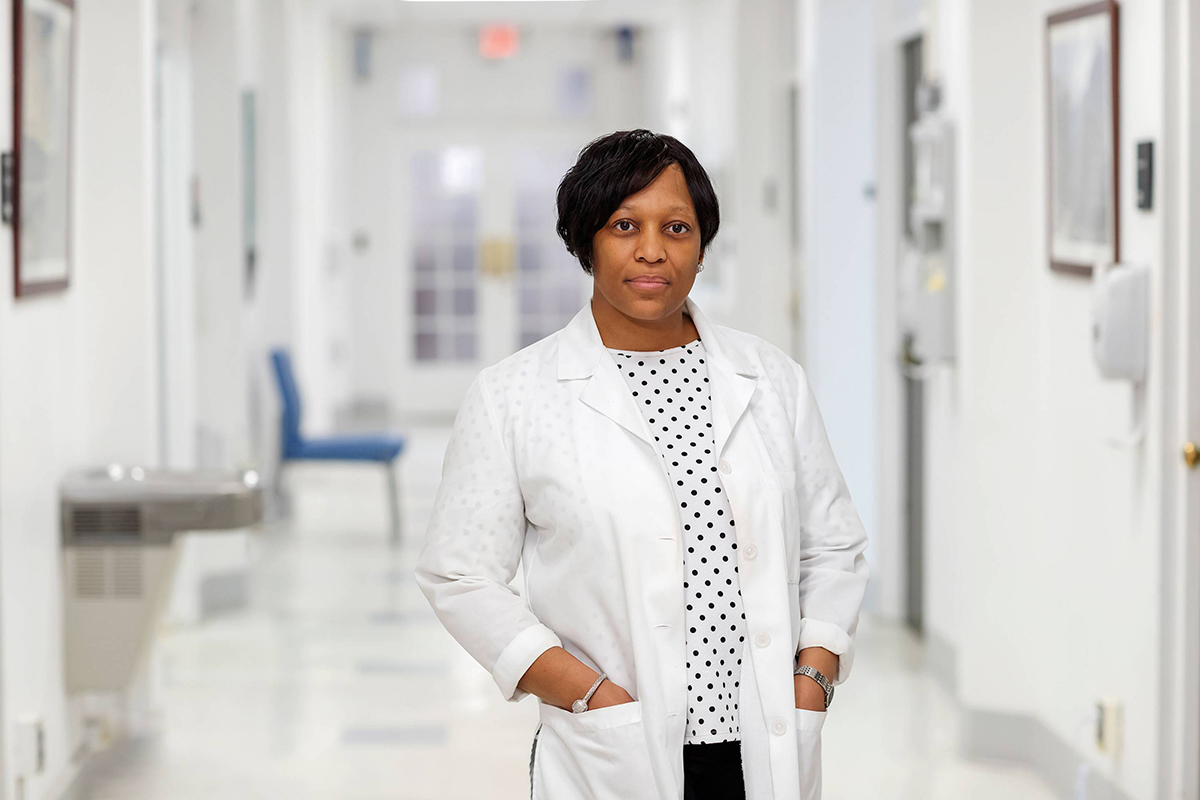
Feeding the Frontlines
Disappointed to leave campus due to the COVID-19 outbreak, Princeton seniors and twin sisters Sneha and Preeti Iyer arrived back home to Fulton County, Georgia, ready to redirect their energy and reconnect with friends by helping launch a much-needed initiative that supports overworked health care workers in their communities. Close to 60 undergraduate and medical school students joined together to form Feed the Frontlines GA, a 501(c)3 nonprofit that provides frontline medical workers fighting COVID-19 with meals from local restaurants that are also struggling to keep business.
After identifying the hardest hit communities, the students divided themselves into teams to better serve the most affected areas around the state, especially those in rural areas. Through a grassroots effort, the students are raising funds and forging relationships with area hospitals and restaurants to determine where the need is the greatest.
“Hospitals in rural areas are in worse shape than those in larger metropolitan areas,” Sneha said, who serves on the organization’s fundraising and expansion team. “Albany, Georgia, one of the areas we are serving, has one of the worst COVID outbreaks in the country when looking at case number density. We wanted to show hospitals and their staff while we cannot directly help with the fight they are fighting, their community supports them and can help in other ways.”
Feed the Frontlines relies primarily on individual donations and looks to other college-aged student groups to help support their efforts by creating fundraising competitions among groups, such as sororities and athletic teams. To date, the organization has raised about $38,000, donated 1,587 meals and expects to donate other 3,500 meals in May. The organization’s goal is to deliver 10,000 meals. All money raised goes directly to restaurants to provide meals.
“Health care workers have limited time and ability to step out and get hot meals right now. And it’s an extra burden on them when they’re already mentally exhausted,” Sneha added. “Through the first weeks of deliveries we have seen the positive influence of helping already slammed health care workers focus on their work and adding a bit of brightness to their day.”




